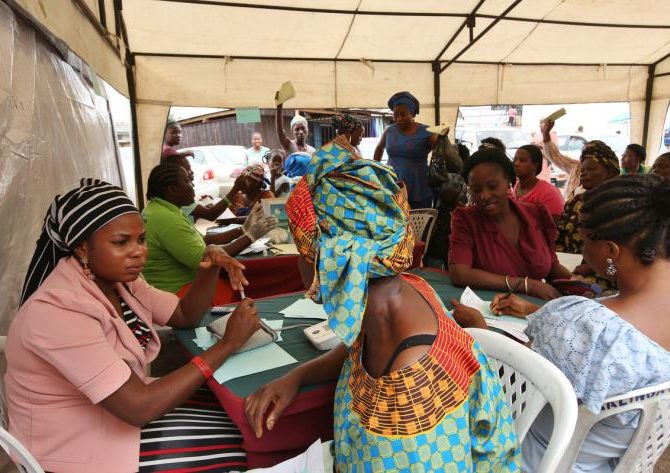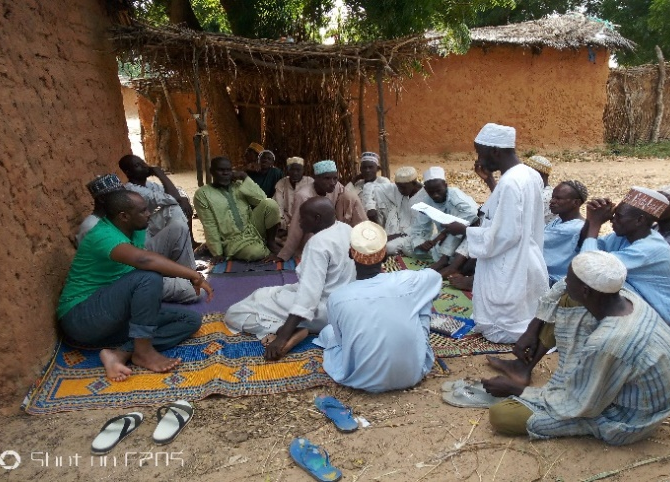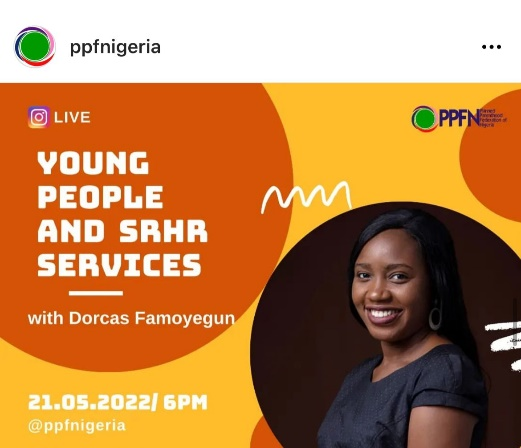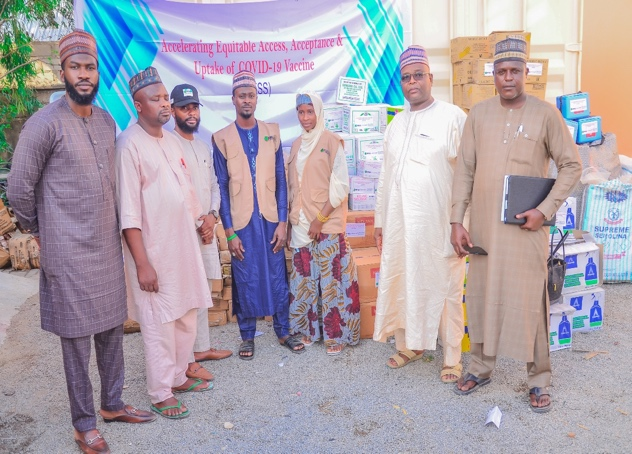Cervical cancer usually develops over a number of years, often with no symptoms. It can be prevented, however, through screening and early detection; smear tests are recommended for women between ages 20 and 70 as a means of detecting cells that may develop into cancer.
Cervical cancer most commonly occurs in women over 35 years of age. It rarely occurs before the age of 25 years. In New Zealand about 200 women are diagnosed with cervical cancer each year and approximately 70 women die from the disease.
Cervical cancer is caused by certain types of human papillomavirus (HPV). HPV is a common sexually transmitted viral infection affecting an estimated 80% of sexually active women at some point in their lives. Most HPV infections clear by themselves but some high-risk types can cause cell changes on the cervix that may lead to cervical cancer 10 to 20 years after infection.
There are more than 100 types of HPV infections, but only about 40 of these are linked to cervical cancer. While infection with HPV can cause conditions such as genital warts, it often causes no symptoms. Many women are therefore unaware they have contracted the virus.
The Bill and Melinda Gates Foundation supports Marie Stopes International (MSI) and its two partners – Population Services International (PSI) and the International Planned Parenthood Federation (IPPF) – to introduce and integrate Cervical Cancer Screening and Preventive Therapy (CCS&PT) into reproductive health services in four countries (Kenya. Nigeria, Tanzania, and Uganda). Across the four countries, these grantees aim to establish 1,200 new sites offering cervical cancer screening, and 155 new sites providing cryotherapy. The 4-year project (October 2012 through October 2016) has been funded for a total of US$ 16 million.
PPFN as a sub-recipient under IPPF operates in four (4) States (Lagos, Ibadan, Bauchi & Niger) with a total of 40 facilities for cervical cancer & Screening and 8 cryotherapy reproductive health centres. PPFN will be providing Cervical Cancer screening for women aged 30-49 years, in all the 40 facilities using the Visual Inspection Acetic Acid (VIA) method.
Other organisations working on the project under this funding include the Society for Family Health (SFH) and Marie Stopes Nigeria (MSN). Additional states that will be covered by these two organisations are Enugu, Ebonyi, Anambra, Oyo, Bauchi and Niger states. Cryotherapy will be provided in a total of 20 sites across the country under the 3 organisations. Women with advance lesion will be referred to government facilities where they can access higher treatment like radiotherapy. Women will be encouraged to undergo screening at least once in their lifetime.




